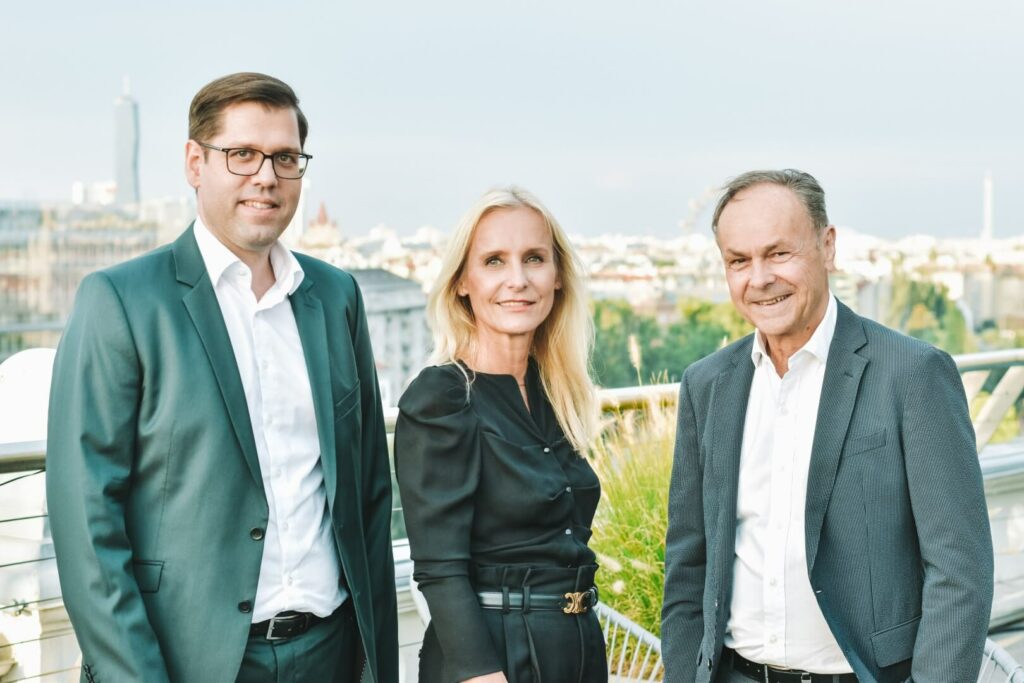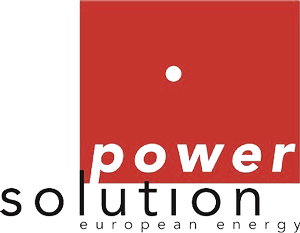rk partners hosted a PHH (IN)Talk event
More than a year ago, the Renewable Energy Sources Expansion Act (EAG) came into force. The purpose of this Act was to set the course for the energy turnaround. So far, however, the development has been moving at a far lower pace than originally envisaged. Yesterday, PHH energy law expert Dominik Kurzmann shared a stage with Eveline Steinberger Kern, founder of the Blue Minds Group and investor in energy start-ups, and Alfred Weinberger, managing director of the agro-PV specialist Amarenco Solar Austria at the PHH (IN)Talk to discuss the "token campaign for an energy turnaround“.
Eveline Steinberger-Kern, Managing Director of the Blue Minds Group, takes a critical view of the current situation: "People did not wake up to the importance of renewable energies for a long time." Her company, founded in 2014, has been investing in energy start-ups in Austria and abroad since its inception. She appeals to the Austrian legislative authorities to create a legal framework to render Austria attractive as a business location: “A suitable legal basis must be created so that Austria can develop its potential in the field of energy efficiency and further expand renewable energies. Austria is in the fortunate position of having many young companies and investors in the country who are willing to move forward with the energy turnaround. Attractive legal framework conditions are crucial to ensure that the manufacturing industry, the know-how and the investors do not migrate abroad.”
Dominik Kurzmann, partner at rk partners and head of the energy law team, still believes that the enactment of the Renewable Energy Sources Expansion Act and thus the possibility of founding energy communities for local production and consumption of electricity was an important step. He also points out, however, that important building blocks for the desired energy turnaround are still missing. As an example, he cites the fact that while the second funding call is already underway for the funding of generation plants via investment grants, the implementing regulation for market premiums is still being assessed. In addition, the approval procedures for renewable energy systems continue to take a very long time, especially if they are not built on roof surfaces. "If we actually want to achieve an energy turnaround, we need attractive framework conditions for larger plants, too," Kurzmann says. In his opinion, this includes not only subsidies, but also planning security by way of clearly structured, short procedures. “The amendments to the EIA are intended to make it easier to build renewable energy generation plants, for example, and the implementing regulation for market premiums is intended to create financial incentives. However, both are still being evaluated and for many project applicants, they are long overdue”.
Alfred Weinberger agrees. The managing director of Amarenco also calls for a change of approach among politicians. On the national level, the necessary steps have been taken; however, there is still a mixture of ignorance and partisan considerations at the state level and in local politics that stand in the way of securing our long-term future. Weinberger emphasises: “The energy turnaround is not only a climate issue, but a must to ensure our prosperity in Austria. This requires the rapid development of very large capacities in wind and photovoltaics at locations where the grid can absorb these services. Large-scale photovoltaic systems in open spaces in combination with agriculture can generate electricity far below current market costs and make a significant contribution to an economically affordable and necessary energy turnaround.”
www.phh.at
www.blueminds-company.com
www.amarencogroup.com






